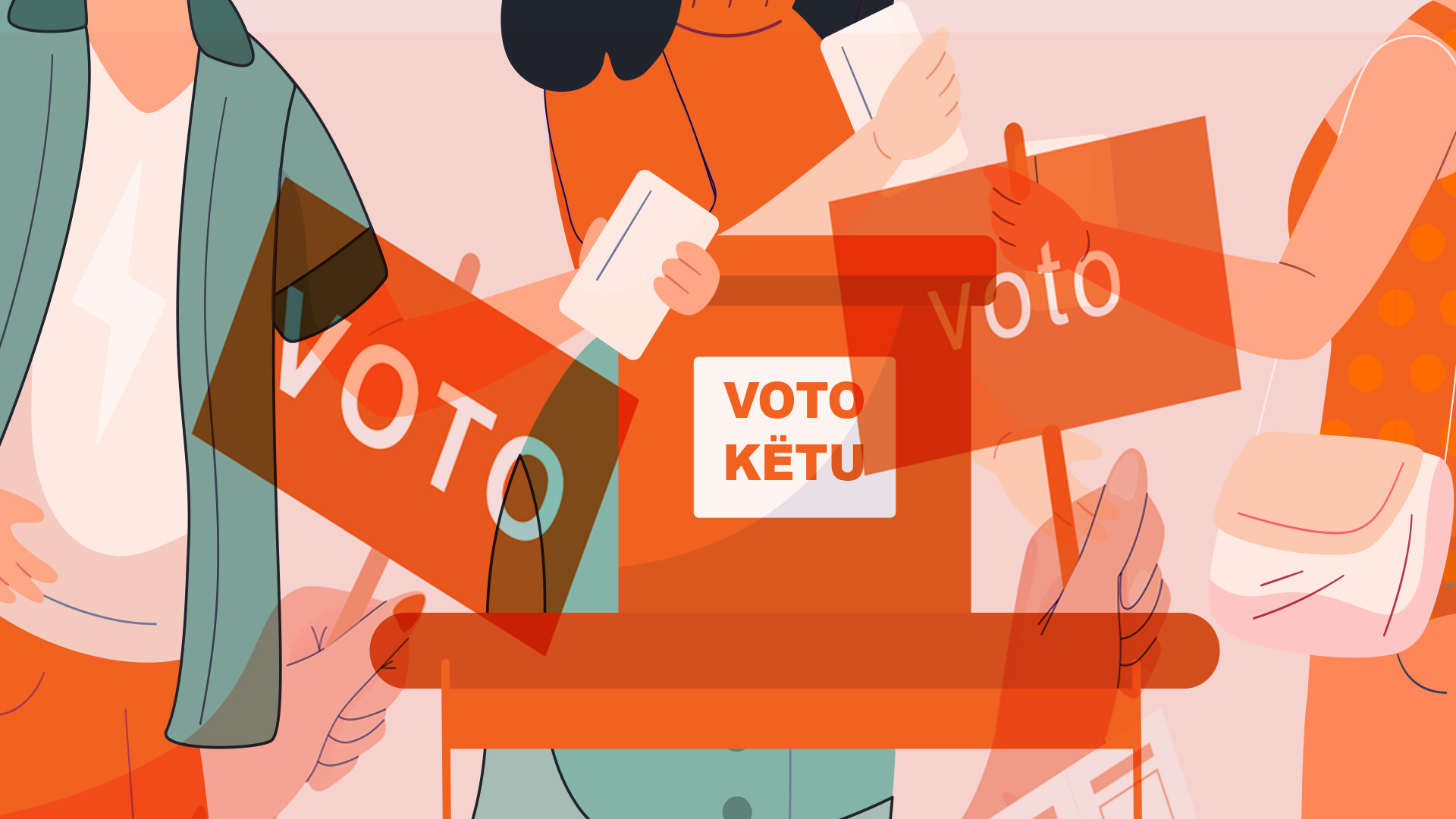
Do youth votes matter in Albania?
Civil Rights Defenders in Albania asking important questions before the elections.
Citizens overwhelmingly feel unrepresented by political parties.
Youth can have a decisive say in this ultimate test for Albania’s democracy.

Civil Rights Defenders
Civil Rights Defenders is an international human rights organisation based in Stockholm, Sweden. They defend people’s civil and political rights. Civil Rights Defenders is a registered Swedish nonprofit that is religiously and politically unaffiliated.
This story was originally written in English.